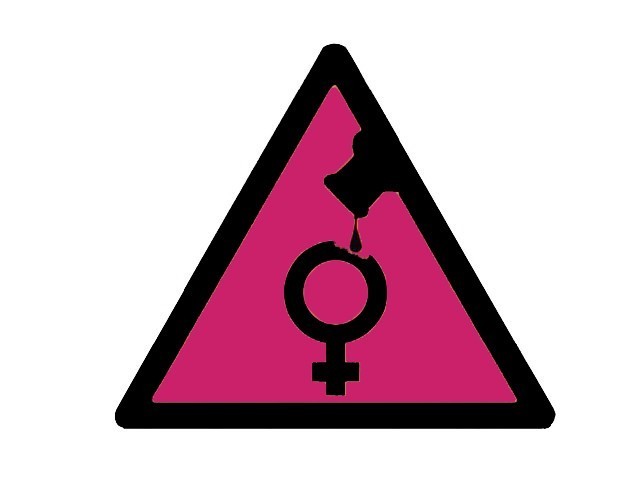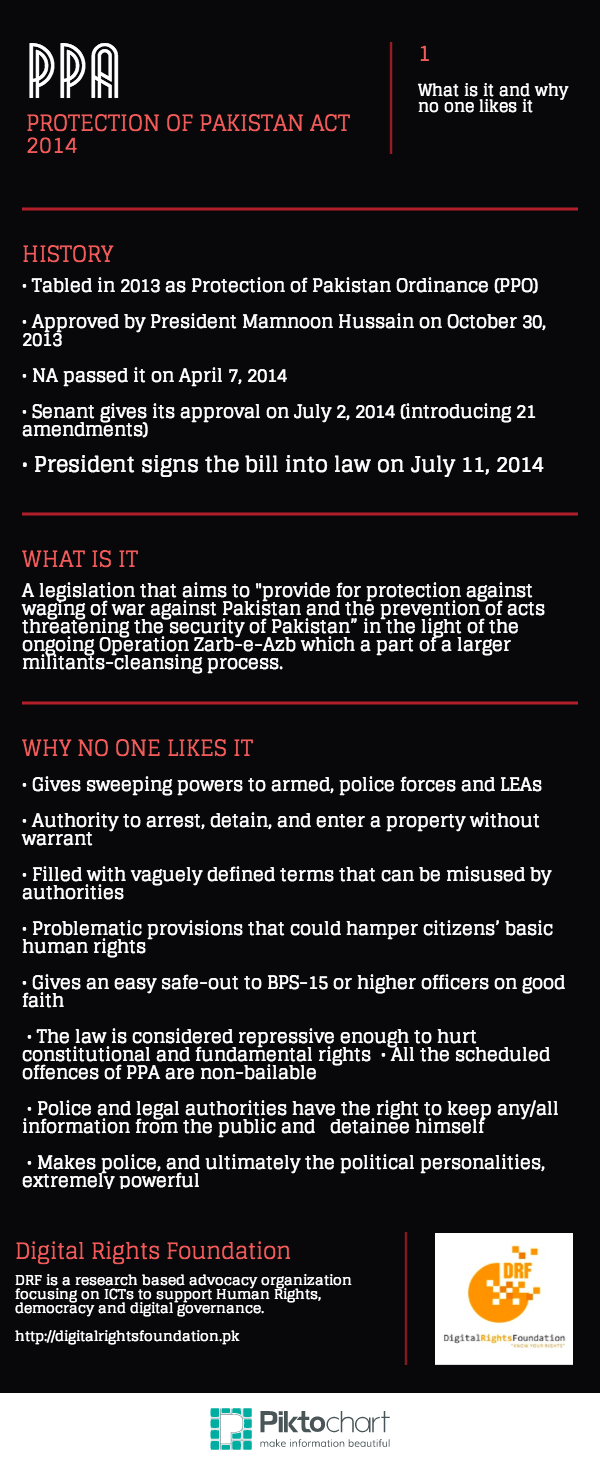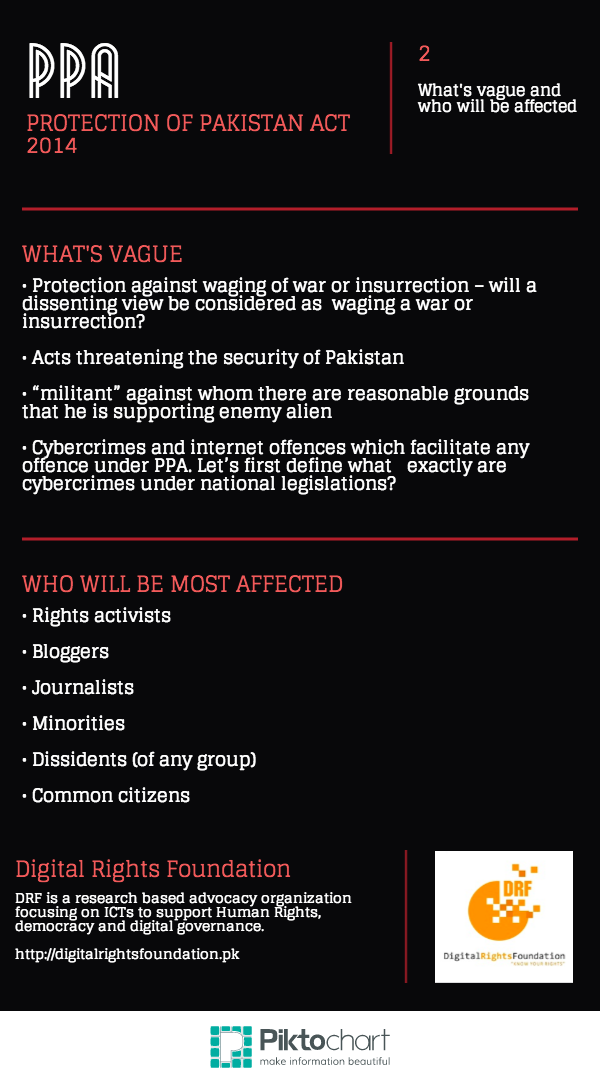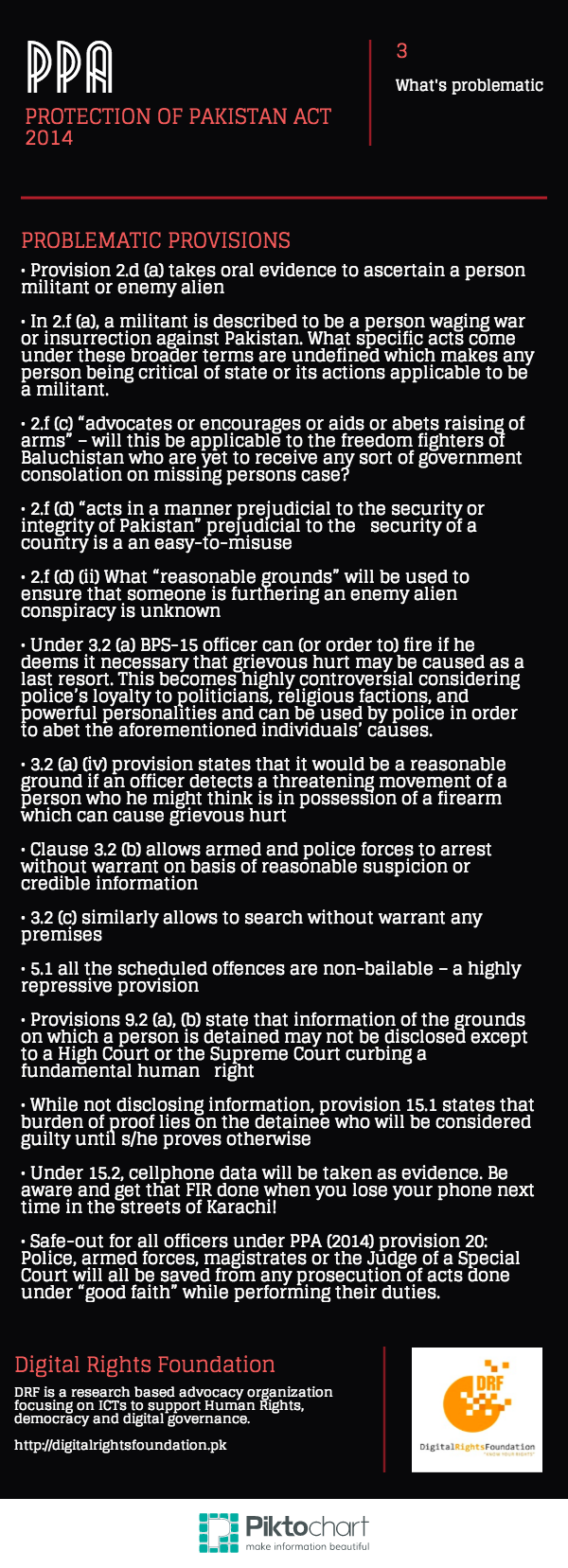December 16, 2014 - Comments Off on KPK and Punjab Public Bodies Consistently Fail to Comply with RTI Laws
KPK and Punjab Public Bodies Consistently Fail to Comply with RTI Laws
Provincial governments of Punjab and Khyber Pakhtunkhwa (KPK) have failed to comply with their respective Right to Information (RTI) laws, as the year long research reports indicates.
Lahore, January 1, 2015:
Annual research report titled ‘The State of Proactive Disclosure of Information in Khyber Pakhtunkhwa and Punjab Public Bodies’ reaffirms earlier findings that public bodies in both the provinces have failed to comply with their own right to information laws. Khyber Pakhtunkhwa and Punjab public bodies are required to proactively disclose categories of information mentioned in Sections 5 and 4 of Khyber Pakhtunkhwa Right to Information Act 2013 and Punjab Transparency and Right to Information Act 2013, respectively.
This report was an effort initiated by Coalition of Right to Information (CRTI) and Digital Rights Foundations with a broader aim to measure how public bodies have been using the web. With advancements of technologies, it has become crucial for public bodies to start using their web presence more effectively in order to promote good governance and reduce corruption. This research scaled if the government departments are keeping properly maintained websites and promoting citizens' feedback. However, the primary purpose of these quarterly reports was to measure against respective RTI laws if the bodies were complying with their own laws.
While civil society and citizens appreciate elected governments of Punjab and KPK for having passed their local RTI laws, it is disappointing to see the unwillingness of public bodies to comply with those regulations. What was even more surprising though was the discovery that Information Commission of Punjab and Information Department of KPK even lack a website of their own. If the information commissions are themselves not promoting RTI laws and lack web presence and / or conformity to RTI laws, how do they expect other departments to uphold those policies?
As pointed in our earlier quarterly reports, this final report of year 2014 also kept up with the finding of having no example where a department has disclosed information about recipients of concessions, permits or authorizations granted by the public bodies. Transparency will not witness any improvement if information commissions and local government do not promote their departments to proactively disclose financial information, concessions, and benefits their employees receive as it is an important way forward to good governance.
A lot has to be done by the KPK and Punjab Information Commissions to ensure that public bodies comply with the right to information laws, present information in user-friendly way proactively, and promote raising awareness of citizens' right to information and their required feedback in governance.
Link to the report: Proactive Disclosure Report
Contact: [email protected]
– End –
“Coalition of Right to Information seeks to promote an open information and communications policies at the federal, provincial and district levels across Pakistan. With various initiatives, the coalition of civil society organizations aims to promote citizen awareness and improve dialogue between the citizens and state.”
Digital Rights Foundation is a research based advocacy organisation based in Pakistan focusing on ICTs to support human rights, democratic processes and better digital governance. DRF opposes any and all sorts of online censorship and violations of human rights both on ground and online. We firmly believe that freedom of speech and open access to online content is critically important for the development of socio-economy of the country. www.digitalrightsfoundation.pk







